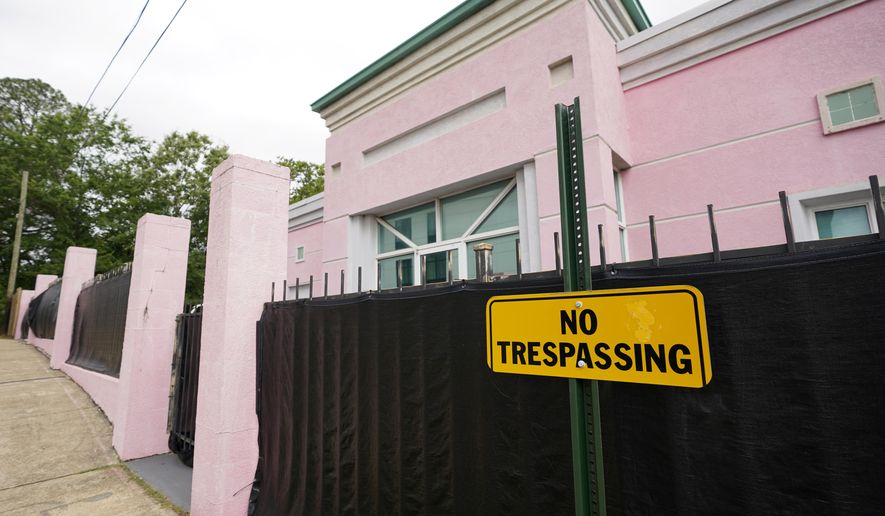The Supreme Court announced Monday it will hear arguments in a lawsuit against Mississippi’s 15-week abortion ban on Dec. 1.
The legal battle, Dobbs v. Jackson Women’s Health Organization, will test the high court‘s roughly 50-year precedent affirming a right to an abortion up until viability that was set in the 1973 landmark ruling Roe v. Wade.
It’s potentially the year’s most highly watched case — especially after the justices declined to block a Texas law this month that bans abortions after a fetal heartbeat is detected, usually around six weeks of pregnancy.
Mississippi officials argue that Roe v. Wade should be overturned because it’s outdated. The state contends the viability standard set out in Roe is unclear, and the state has an interest in banning abortions after 15 weeks to protect women’s health and that of unborn children.
Mississippi Attorney General Lynn Fitch said the state looks forward to presenting its case in December.
“The court has acknowledged that states have the authority to promote legitimate interests, including protecting women’s health and defending life; but its abortion precedents have denied the people and their elected leaders the ability to fully do so. In fact, the Roe decision shackles states to a view of facts that is decades old, such that while science, medicine, technology, and culture have all rapidly progressed since 1973, duly enacted laws on abortion are unable to keep up,” she said.
“With Dobbs, the Supreme Court can return decision making about abortion policy to the elected leaders and allow the people to empower women and promote life,” Ms. Fitch added.
The legal battle was brought by Jackson Women’s Health Organization, the state’s only abortion clinic, and a doctor who provides abortions. According to court papers, the clinic provides abortions up to 16 weeks of gestation.
They challenged the state’s Gestational Age Act, enacted in 2018. The law bans abortions after 15 weeks unless there is a medical emergency or severe abnormality within the fetus.
The abortion providers told the court in their filing that the state’s interest in the woman’s health and children doesn’t begin until viability, occurs “months” after the 15-week marker set in the law.
The case will be argued before the high court Dec. 1, and a decision is expected by the end of June next year.
• Alex Swoyer can be reached at aswoyer@washingtontimes.com.




Please read our comment policy before commenting.